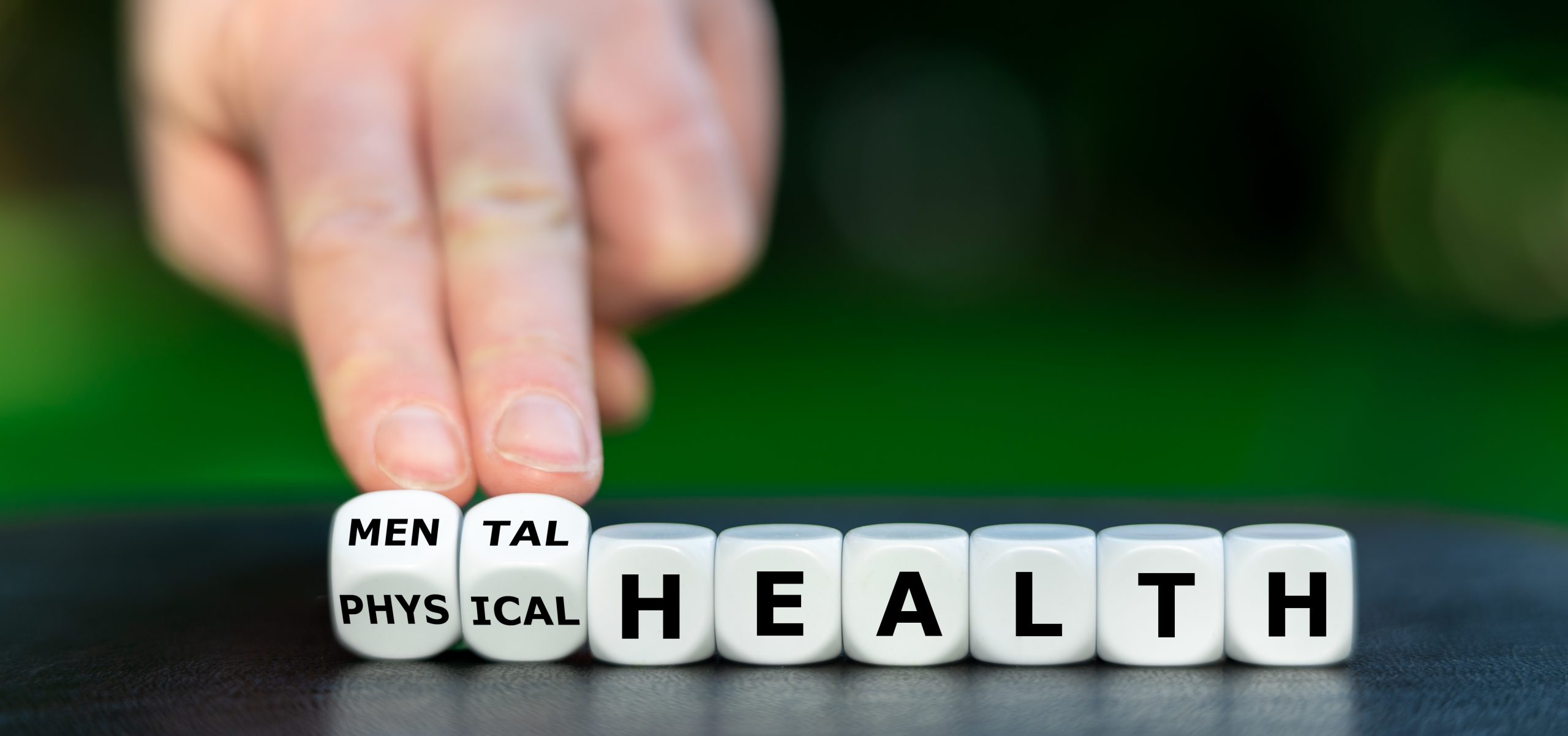Justin Tang • November 21, 2023
How many cups of coffee are you drinking on a daily basis?
A recent Statista survey found that 80% of American coffee drinkers consume at least two or more cups of coffee at home on the weekday, with more than half drinking three or more. Americans also consume about 400 million cups of coffee everyday, according to the 2023 National Coffee Data Trends report by the National Coffee Association (NCA).
If you're not drinking coffee on a daily basis, you're missing out on a lot of health benefits. From boost in energy levels, increased happiness, better physical performance, enhanced cognitive and psychoactive function, healthier organs, and may even help prevent certain risk of cancers and diseases!
Top 10 Health Benefits of Drinking Coffee

Did you know? In 1991, coffee was considered in the list of possible carcinogens by the World Health Organization (WHO) but exonerated in 2016.
Full of Nutrients and Antioxidants
Besides caffeine, coffee is full of nutrients, such as: magnesium, manganese, potassium, vitamin B2, vitamin B3, vitamin B5, and rich in seven different antioxidants.
Boosts Energy Levels
As coffee contains caffeine, it stimulates both your brain and nervous system, which enhances alertness, focus, motivation, and energy levels. Depending on the individual, it will take about 15 to 60 minutes to experience the effects of caffeine.
According to the Food and Drug Administration (FDA), the recommended daily caffeine intake with no adverse effects for an healthy adult is 400mg of caffeine, which translates to 4-5 cups of coffee or two energy drinks.
Fun Fact: A cup of decaffeinated coffee or decaf still contains traces of caffeine, about 3%, since decaffeination only removes 97% of the caffeine.
Increased Happiness
Drinking coffee not only boosts your energy levels but your mood as well!
Since coffee is a known stimulant, the caffeine in the coffee will increase your dopamine, endorphins, and serotonin to make you feel happier.
Dopamine: the “reward” hormones that are released when you’re eating food, celebrating the little wins, doing self-care activities, or accomplishing a task.
Gives you a feeling of motivation, satisfaction, and pleasure
Endorphins: the “feel-good” hormones released during stress, pain, eating, exercising, consuming dark chocolates, or getting a massage. Endorphins are also known as “natural pain relievers since they block nerve cells that receive pain signals from the brain.
Improves your mood, enhances your sense of well-being, lowers stress, and helps alleviate pain.
Serotonin: the “well-being” neurotransmitter, which some consider a hormone, is released during positive emotions and thoughts, light or sun exposure, meditation, or exercising.
Regulates your mood, bowel movements, sleep, helps heal your wounds, and to experience happiness.
Dopamine: the “reward” hormones that are released when you’re eating food, celebrating the little wins, doing self-care activities, or accomplishing a task.
Gives you a feeling of motivation, satisfaction, and pleasure
Endorphins: the “feel-good” hormones released during stress, pain, eating, exercising, consuming dark chocolates, or getting a massage. Endorphins are also known as “natural pain relievers since they block nerve cells that receive pain signals from the brain.
Improves your mood, enhances your sense of well-being, lowers stress, and helps alleviate pain.
Serotonin: the “well-being” neurotransmitter, which some consider a hormone, is released during positive emotions and thoughts, light or sun exposure, meditation, or exercising.
Regulates your mood, bowel movements, sleep, helps heal your wounds, and to experience happiness.
Increased Physical Performance
Caffeine is known as an ergogenic aid (performance enhancer) and extremely beneficial, when it comes to strength and cardio training. The benefits of caffeine before working out are: Increased muscular strength, power, and endurance
Increased focus, alertness, and aerobic endurance
Improved speed and adrenaline
Caffeine is also great for weight loss, since it increases your metabolism and thermogenesis (heat production).
Increased muscular strength, power, and endurance
Increased focus, alertness, and aerobic endurance
Improved speed and adrenaline
Increased Cognitive and Psychomotor Function
Caffeine increases both cognitive and psychomotor functioning, which leads to:
Reduced mental fatigue, sleep deprivation, and symptoms of depression.
Increased reaction time, coordination, information processing speed, attention, and concentration.
Enhanced long-term memory, better short-term memory, problem-solving, auditory and visual processing, and better short-term memory.
Reduced mental fatigue, sleep deprivation, and symptoms of depression.
Increased reaction time, coordination, information processing speed, attention, and concentration.
Enhanced long-term memory, better short-term memory, problem-solving, auditory and visual processing, and better short-term memory.
A Healthier Heart
If you love coffee, your heart does too!
According to the American College of Cardiology, when drinking two to three cups of coffee per day, there's a lower risk of developing:
Coronary heart diseases
Heart rhythm problems
Heart failure
Those who drink at least one cup of coffee a day, had a lower chance of a stroke or dying from a heart-related issue.
Coronary heart diseases
Heart rhythm problems
Heart failure
